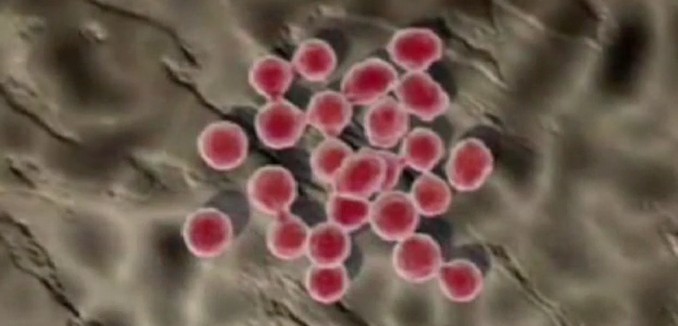BrainStorm Cell Therapeutics of Petah Tikva is recruiting American patients for a Phase 3 clinical study of its NurOwn stem-cell treatment intended to halt progression of amyotrophic lateral sclerosis (ALS).
The announcement was made in a patient webinar last week.
The NurOwn platform grew out of a technique developed at Tel Aviv University for growing and enhancing stem cells harvested from patients’ own bone marrow. The enhanced cells, injected via lumbar puncture, secrete elevated levels of nerve-growth factors believed to protect existing motor neurons, promote motor neuron growth and reestablish nerve-muscle interaction.
A 24-week Phase 2 safety study was concluded in 2016 on 48 participants (36 treated, 12 placebo) with possible, probable and definite ALS. This study was done at the University of Massachusetts Medical School, Massachusetts General Hospital and the Mayo Clinic.
The Phase 3 double-blind, placebo-controlled study, to begin enrollment in August, will look at efficacy and safety of repeated doses. The California Institute for Regenerative Medicine has awarded Brainstorm a $16 million grant to support the pivotal trial.
This study will accept 200 randomized study participants between the ages of 18 and 60 (half getting the treatment and half a placebo) at the three previous centers as well as California Pacific Medical Center in San Francisco, UC-Irvine near Los Angeles and another site not announced.
Potential participants must live within about 100 miles of one of the centers for ease of follow-up. They will receive three doses over a 16-week treatment phase and then undergo 28 weeks of follow-up.
BrainStorm President and CEO Chaim Lebovits said he hopes to get approval by the end of the year for a hospital exemption program in Israel — an accelerated regulatory pathway – that would clear the way for a first batch of 50 patients to receive NurOwn at Tel Aviv Sourasky Medical Center. However, there will be no “compassionate treatment” using NurOwn in Israel or elsewhere.
The NurOwn platform technology also has potential applications in any neurodegenerative disease, such as multiple sclerosis and Parkinson’s.
(via Israel21c)
[Photo: TheMarker Online / YouTube ]




